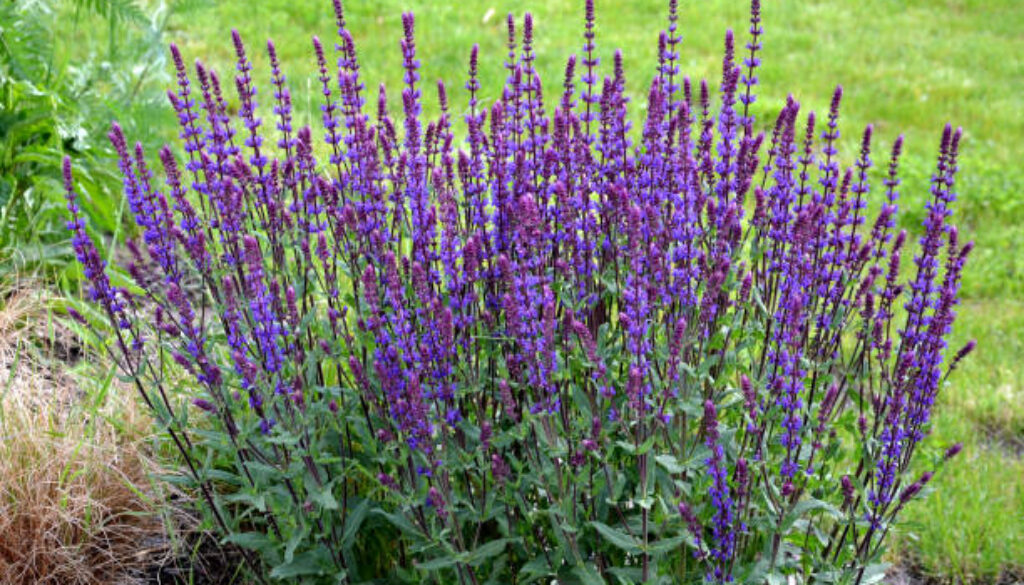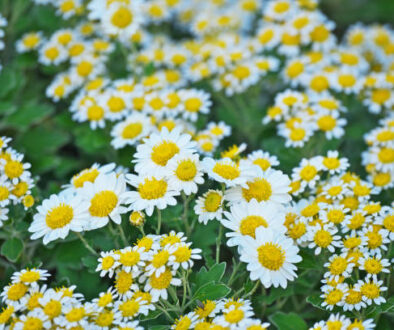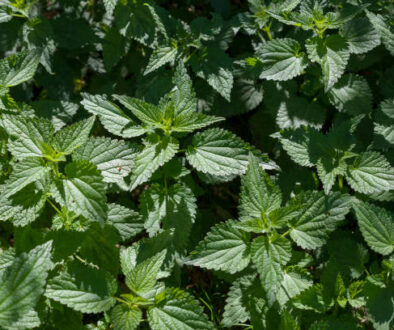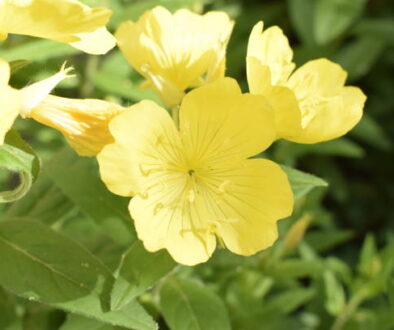15 Easy Medicinal Herbs to Grow at Home
Quick Disclaimer: This post may contain affiliate links, meaning if you purchase a product through those links, I may receive a small commission with no extra cost to you. Thanks for your support to my work! I only Recommend Products I Trust!
MoreYou’ll discover which herbs are the best herbs to grow, enjoy their herbal tea benefits, and gain a practical, hands-on way to improve your wellness every day, all while creating a green, relaxing corner in your home.
Related:
- 15 Magical Medicinal Herbs for the Summer & Spring
- 15 Medicinal Herbs That Belong in Your Backyard Garden: Natural Healing Remedies
1. Chamomile – Calm Your Mind Naturally
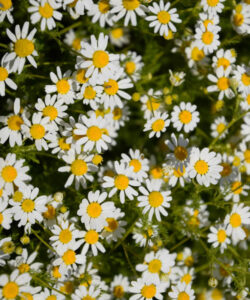
Chamomile is one of the easiest must-have medicinal herbs to grow, and it’s perfect for beginners.
Its small, daisy-like flowers thrive in pots or garden beds with plenty of sunlight.
💡Quick Note: Learn How To Transform A Typical Money-Draining House Into A Tiny Profitable Off-The-Grid Homestead. Click Here To Get Started Now!
Not only is it visually appealing, but chamomile is also famous for its calming effects, making it ideal for herbs for sleep.
Brewing chamomile flowers into tea is a simple way to enjoy its benefits.
Drinking it before bed can help you relax and unwind naturally.
Plus, chamomile can soothe minor stomach issues and even be used in gentle skincare.
Growing it at home means you always have fresh flowers ready for a calming cup, straight from your medicinal herb garden.
2. Lavender – Fragrant and Therapeutic
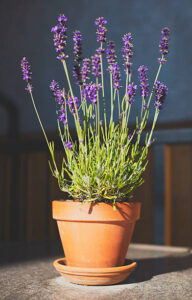
Lavender isn’t just pretty, it’s packed with wellness benefits.
This best herbs to grow. The plant loves full sun and well-drained soil, and it adds a lovely aroma to your garden.
Lavender can reduce stress, promote relaxation, and even help with mild headaches.
Using it in teas, essential oils, or sachets is a common way to enjoy its effects.
For beginners in herbalism for beginners, lavender is forgiving and low-maintenance, making it a reliable addition.
Whether in pots, borders, or small garden beds, it’s a versatile plant that brings both beauty and medicinal value.
3. Peppermint – Refreshing and Healing
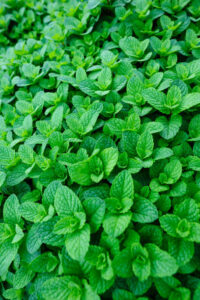
Peppermint grows fast and spreads easily, which makes it a practical choice for a medicinal herb garden.
Its fresh leaves can soothe digestion, ease headaches, and add flavor to teas.
💡Quick Note: 🌼Don’t You Dare To Miss Out On This Kit! The Medicinal Garden Kit is a Must-Have for Your Garden. Click Here to Access Now!
With minimal care, you can have a constant supply of this vibrant, aromatic plant.
Brewing peppermint into tea is a popular way to enjoy its benefits.
You can also use leaves in homemade salves or compresses for minor discomforts.
For anyone learning how to use herbs for medicine, peppermint is an approachable herb that provides quick, visible results.
4. Lemon Balm – Boost Your Mood
Lemon balm is a hardy herb that thrives in sun or partial shade.
It has a gentle lemon scent and is excellent for reducing stress, promoting calm, and supporting sleep—another herbs for sleep option.
This makes it one of the must-have medicinal herbs for any home garden.
Lemon balm leaves are easy to harvest for tea, tinctures, or even simple aromatherapy.
Beginners in herbalism for beginners will appreciate its forgiving growth and multi-purpose use.
Its soft, green leaves bring both color and natural wellness benefits to your garden space.
5. Echinacea – Immune Support
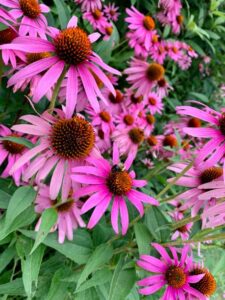
Echinacea, also called coneflower, is well-known for its immune-boosting properties.
Growing it at home gives you fresh flowers to use in teas, tinctures, or infusions.
It prefers sunny spots and well-drained soil, making it a manageable choice for beginners.
Regular use of echinacea can help your body fight off minor illnesses naturally. This medicinal plant and their uses guide shows that even small gardens can yield powerful herbal benefits.
Adding it to your medicinal herb garden supports overall wellness and introduces a bright pop of color.
6. Rosemary – Culinary and Medicinal
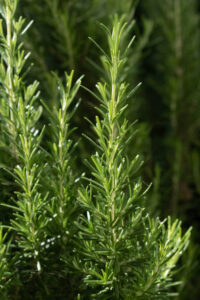
Rosemary is a versatile plant that thrives in pots or garden beds with plenty of sun.
Not only is it a best herbs to grow for cooking, but it also improves circulation and has antioxidant properties.
For beginners, it’s low-maintenance and extremely hardy.
You can use fresh or dried rosemary in teas, oils, or culinary dishes.
Its aromatic leaves provide mental clarity and support memory, making it a practical addition to any herbalism for beginners toolkit.
Growing rosemary at home gives you fresh leaves year-round, combining flavor and wellness in one plant.
7. Thyme – Small but Mighty
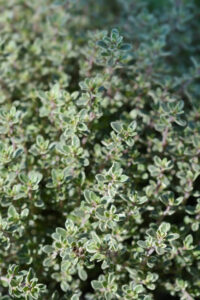
Thyme is a low-growing herb that thrives in sunny, dry conditions.
This must-have medicinal herb is great for respiratory health and minor digestive issues.
Its tiny leaves pack a punch in both flavor and medicinal value, making it an essential part of any medicinal herb garden.
Thyme is easy to grow in containers or garden beds, and harvesting is simple.
💡Quick Note: Learn How To Transform A Typical Money-Draining House Into A Tiny Profitable Off-The-Grid Homestead. Click Here To Get Started Now!
You can use it in teas, cooking, or as part of homemade remedies.
For beginners, thyme is resilient and low-maintenance, offering noticeable benefits without a steep learning curve.
8. Basil – More Than Just Pesto
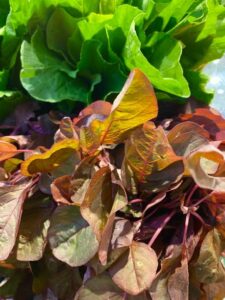
Basil is a fragrant, fast-growing herb with multiple uses.
While many know it as a culinary favorite, it also supports digestion and reduces inflammation, making it a practical must-have medicinal herb.
Growing basil at home is simple, sunny spots and regular watering keep it happy.
You can use it in teas, cooking, or DIY herbal remedies.
For those learning how to use herbs for medicine, basil is versatile and beginner-friendly, giving both flavor and wellness benefits.
9. Calendula – Healing Flowers

Calendula produces bright, cheerful flowers that are excellent for skin care and minor cuts.
This medicinal plant and their uses are perfect for creating homemade salves and oils.
Calendula is easy to grow in containers or garden beds, making it ideal for beginners.
You can dry its petals for tea, or use fresh petals for soothing skin remedies.
Adding calendula to your medicinal herb garden ensures you have a colorful, practical plant that supports healing and looks beautiful in your outdoor space.
10. Sage – Time-Tested Remedy
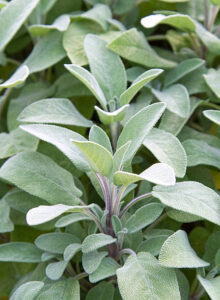
Sage has been used for centuries for its antimicrobial and digestive benefits.
This hardy herb thrives in sun and well-drained soil, making it one of the best herbs to grow in any home garden.
You can use fresh or dried sage in teas, oils, or cooking. Beginners in herbalism for beginners will find sage easy to maintain, and its calming aroma adds charm to your garden.
It’s a simple yet powerful addition to any medicinal herb garden.
11. Oregano – A Kitchen Essential
Oregano isn’t just for pizza, it has antibacterial and anti-inflammatory properties.
Growing it at home gives you fresh leaves to use in teas, oils, or cooking.
This must-have medicinal herb is low-maintenance and thrives in sunny, well-drained spots.
It’s also perfect for herbal tea benefits, offering soothing effects for minor digestive discomfort.
Beginners will appreciate oregano’s resilience and productivity, making it a practical and flavorful addition to your medicinal herb garden.
12. Mint – Fresh and Versatile
Mint grows quickly and spreads easily, making it perfect for containers.
This best herbs to grow plant supports digestion, reduces nausea, and can be used in teas or topical remedies.
For beginners, mint is forgiving and hardy, producing leaves all season.
Its aromatic scent adds a refreshing touch to your garden.
Growing mint at home ensures you always have fresh leaves for brewing teas or adding natural remedies.
13. Lemon Verbena – Citrusy and Soothing
Lemon verbena has a bright, lemony aroma and is excellent for relaxation and herbs for sleep.
It prefers sunny spots and light, well-drained soil, making it a manageable plant for beginners.
💡Quick Note: 🌼Don’t You Dare To Miss Out On This Kit! The Medicinal Garden Kit is a Must-Have for Your Garden. Click Here to Access Now!
Its leaves can be brewed into calming teas or used in homemade remedies.
Adding lemon verbena to your medicinal herb garden gives both fragrance and function, helping you relax naturally after a long day.
14. Holy Basil (Tulsi) – Sacred and Healing
Holy basil, or tulsi, is a powerful herb with immune-boosting and stress-reducing properties.
It’s considered one of the must-have medicinal herbs for anyone looking to support overall wellness.
Tulsi grows well in pots or garden beds and is surprisingly easy to maintain.
You can brew its leaves into teas to enjoy herbal tea benefits, supporting digestion, immunity, and relaxation.
For beginners in herbalism for beginners, tulsi is approachable and highly beneficial.
15. Calendula – Multi-Purpose Healing
Calendula is one of those medicinal plants and their uses that cover both internal and external needs.
Its petals can be used in teas, salves, or oils to support skin health and calm minor discomforts.
It grows easily in sunny spots and small containers, making it perfect for a medicinal herb garden.
For beginners, calendula is forgiving and provides quick visual rewards, with bright flowers that make your garden cheerful and functional at the same time.
Growing your own medicinal herb garden at home is easier than it seems, even if you’re just starting out.
With must-have medicinal herbs like chamomile, lavender, and peppermint, you can enjoy natural remedies right from your backyard or windowsill.
Each plant brings its own benefits, from calming teas to skin-soothing salves, making wellness both practical and enjoyable.
By learning how to use herbs for medicine and exploring herbalism for beginners, you gain hands-on experience while creating a green, relaxing space.
Even a small garden can provide fresh leaves for cooking, herbal tea benefits, and natural remedies for everyday needs.
Starting small, planning wisely, and choosing easy-to-grow herbs ensures your garden thrives without overwhelming your space or budget.
With a little care and attention, you can enjoy the beauty, aroma, and health benefits of your very own best herbs to grow, all while connecting with nature every day.
FAQs
Q1: How do I start a medicinal herb garden at home?
Start small with must-have medicinal herbs like chamomile, mint, and basil. Use containers or garden beds and ensure sunlight and proper soil.
Q2: Can beginners grow medicinal herbs successfully?
Absolutely! Herbs like chamomile, rosemary, and lemon balm are easy to maintain and ideal for herbalism for beginners.
Q3: How can I use herbs for everyday wellness?
You can brew teas, make tinctures, or create salves. Learning how to use herbs for medicine is simple once you start with a few versatile plants.
Q4: Which herbs are best for sleep and relaxation?
Chamomile, lemon balm, lavender, and lemon verbena are excellent herbs for sleep, calming the mind and supporting restful nights.
